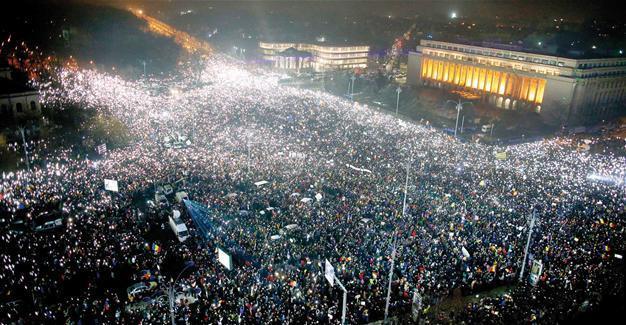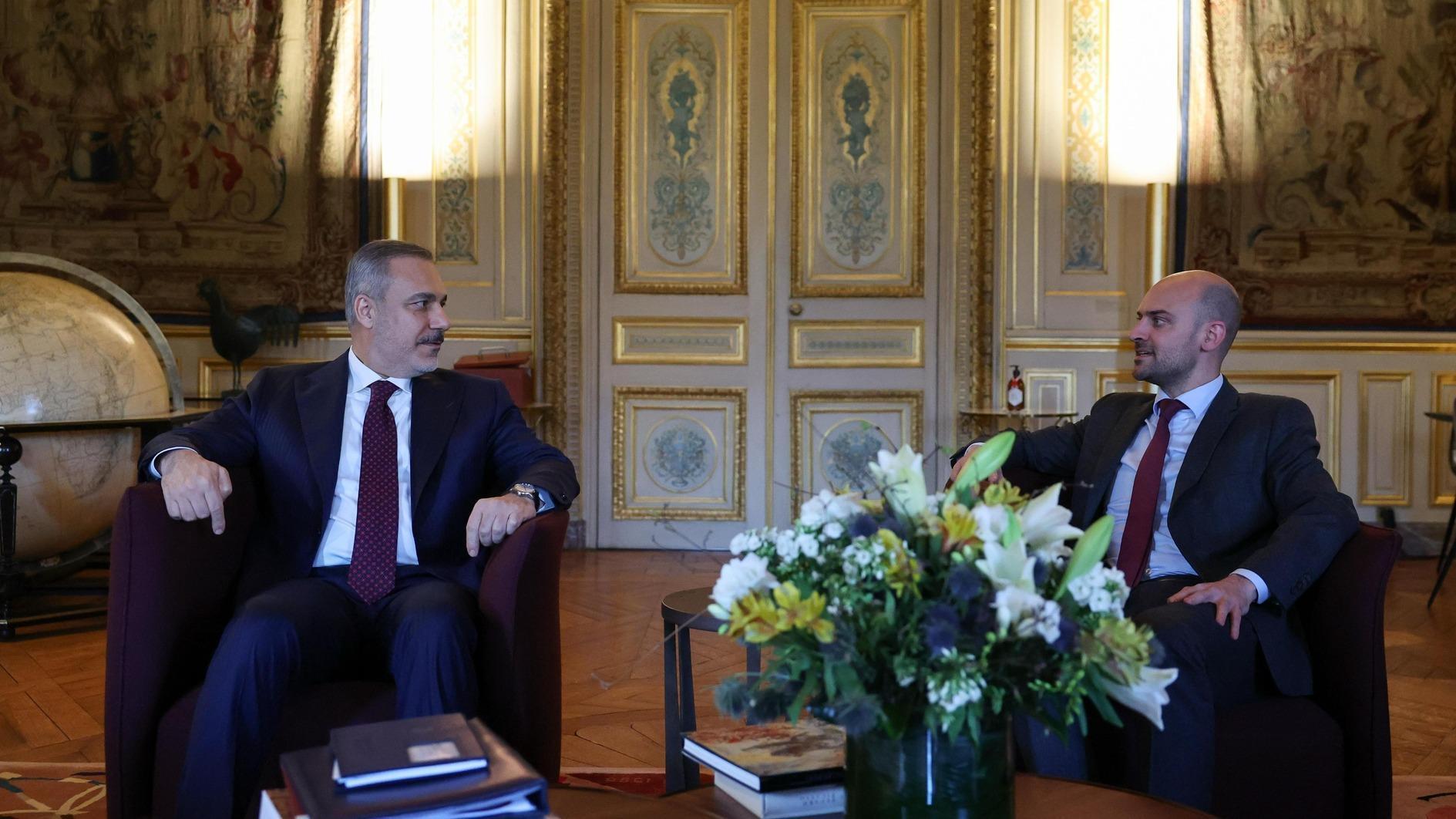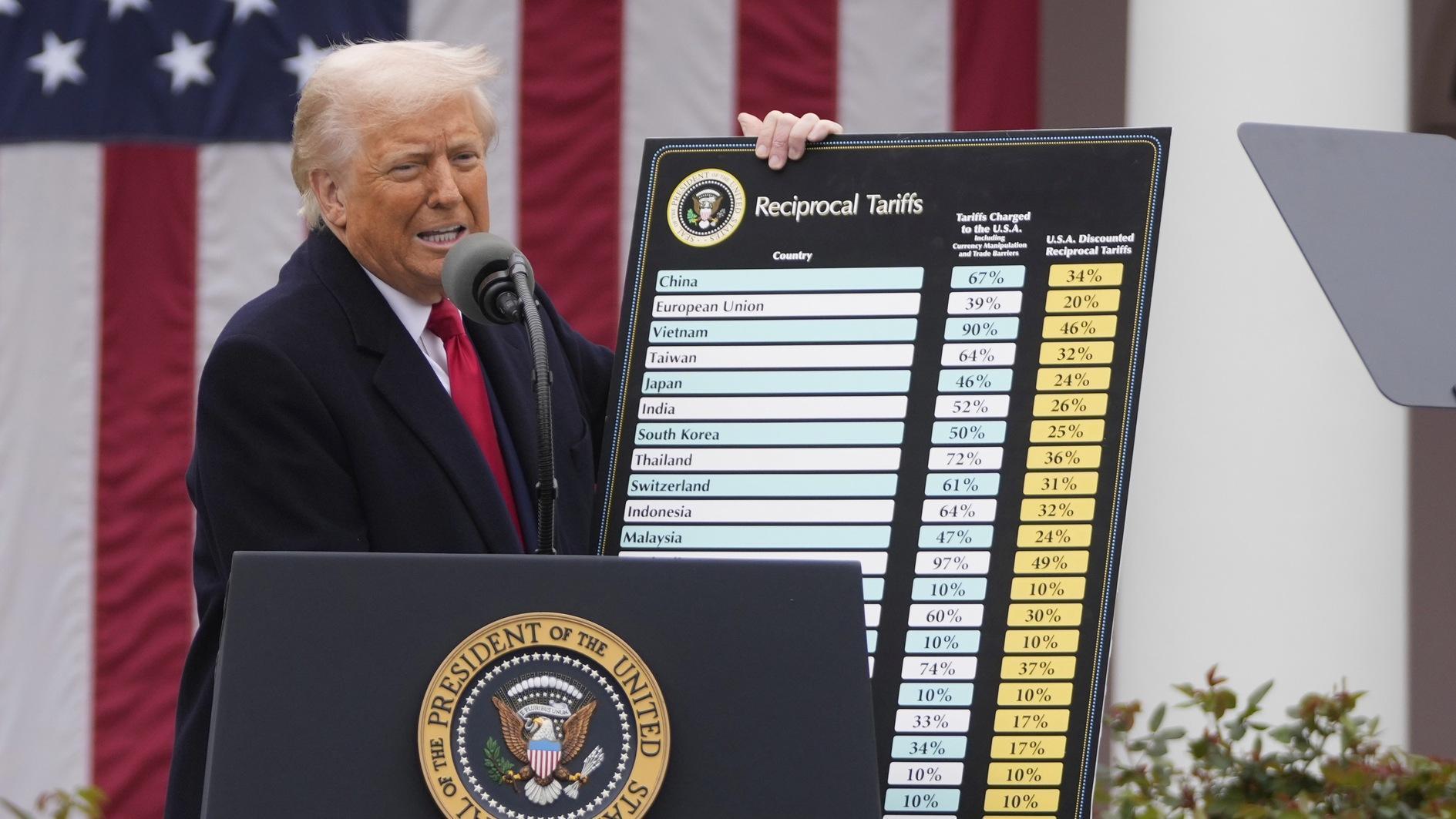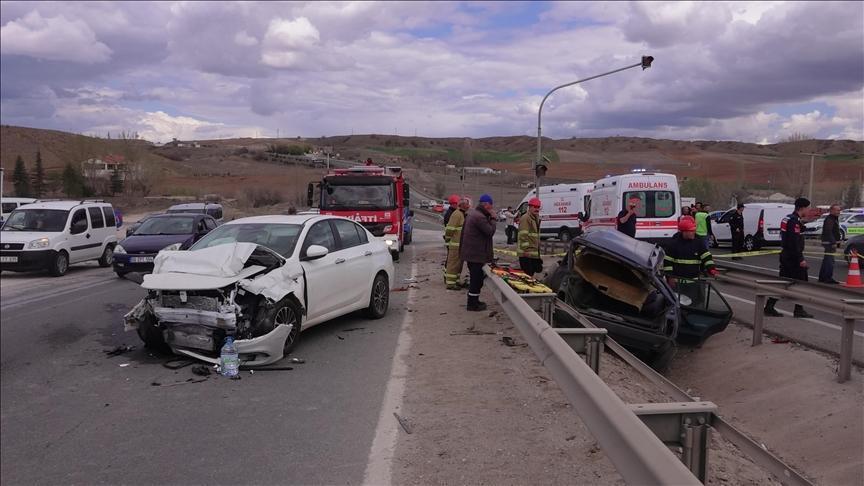Romanian PM refuses to resign amid mass protests
BUCHAREST
 Romanian Prime Minister Sorin Grindeanu announced Feb. 5 that he will not resign amid nationwide protests that drew an estimated half a million protesters against a recent government decision to decriminalize certain graft offenses.
Romanian Prime Minister Sorin Grindeanu announced Feb. 5 that he will not resign amid nationwide protests that drew an estimated half a million protesters against a recent government decision to decriminalize certain graft offenses. Grindeanu stood firm, saying his government, which has barely been in office a month, “has a responsibility to the people who voted for us” and would not resign.
The last six nights of noisy protests thronging cities and towns around the country have been the biggest outpouring of public anger since the toppling and summary execution of communist dictator Nicolae Ceausescu in 1989.
The object of public anger is an emergency decree passed on the night of Jan. 31 which critics at home and abroad feared marked an alarming retreat in the battle against corruption, long the scourge of the EU’s second-poorest country.
Grindeanu’s cabinet on Feb. 5 repealed the decree, but this failed to assuage protesters, many of them chanting “Resign! Resign!” as they waved flags, brandished signs and blew whistles and plastic horns in the national colors.
“They are corrupt. We want justice... The government will still try something [with the decree],” said Emma, 24, one of between 200,000 and 300,000 people media estimated had gathered at Victory Square in downtown Bucharest.
“They are liars and bad people,” said her friend Nicole, 25. “The government has to fall... We are going to come back here every night.”
The government decree, which had been scheduled to enter into force on Feb. 10, was to make abuse of power a crime only punishable by jail if the sums involved exceeded 200,000 lei (44,000 euros, $47,500).
The government still also aims, via a separate decree to be reviewed by parliament, to free some 2,500 people from prison serving sentences of less than five years.
“When we repealed the emergency decree, we went back to the initial situation, when there were many unconstitutional articles,” Justice Minister Florin Iordache told reporters on Feb. 6.
“We will develop and publish a draft bill which will be submitted in parliament after public consultation.”
Grindeanu’s Social Democrats (PSD) have argued the measures were meant to bring penal law into line with the constitution and reduce overcrowding in prisons.
But critics see the moves as a brazenly transparent attempt to let off the many PSD officials and lawmakers who have been ensnared in a major anti-corruption drive of recent years.
















